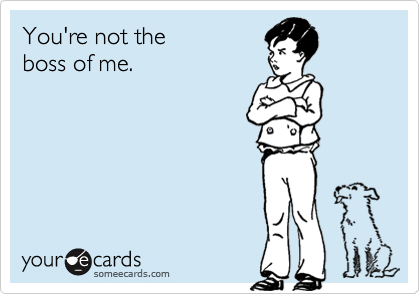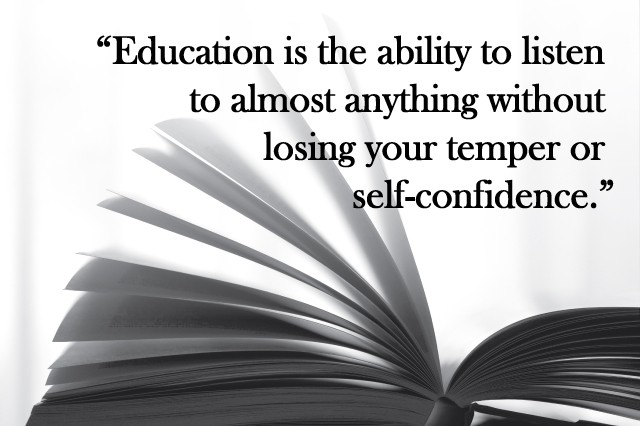Ya'll know I spent the weekend at the Timpanogos Storytelling Festival. An awesome event, reminding me that we are all storytellers and listeners. We all have stories, and often, by telling them, and having them listened to (even me, on this blog), we can make sense of our world, our events, our relationships, and hopefully - heal from experiences that come from just living life.
Here you go -
Stories That Help Us Heal
In the medical context, professionals often function analytically; gathering observable facts in making assessments. They "know" a patient through the diagnosis. But a patient's personal story helps unwrap unique and universal truths that can help the clinician relate to and appreciate the person behind the diagnosis. Stories open our hearts along with our heads. Whether we hear the stories of our patients . . . effective storytelling can be a powerful tool . . . Recounting an event lets us process it in the telling, while inviting others to hear and see what we have seen. Narrative helps us (and our listeners) connect with the lives of others, and with our own hearts and experiences as well. A good story facilitates understanding, reconciliation, even healing, and can make us aware of the larger, divine narrative of which we are a part. How and when have you been touched by a story, or used stories to help foster understanding?
-- Susan Cosio Stories That Help Us Heal PlainViews, 12/21/2011, Vol. 8, No. 22
I assign the below article to my English 1010 students. It brings great classroom discussion, and primes them to do research on topics that are relevant and applicable to their life's stories.
Stories
Matter
I want you to travel with me to a
famine camp in Sudan, on the Ethiopian border. You have seen the dreadful
television footage of the starving babies, their bellies bloated. Flies crawl
in and out of their eyes and mouths, jealous for the last drops of moisture
that cling there as long as these babies cling to life.
Now you are among them, as a reporter for a mid-sized daily newspaper in the
Upper Midwest, charged with writing about a place you have never been before,
about an event you can’t possibly understand, for readers who will never go
there and don’t know what it has to do with them – beyond writing a check to
charity.
You’ve been at the camp for several days. You walk its ground each day, stepping
around and over 100,000 people who have come because they heard there was
water. By the time they had arrived – some of them walking three weeks from
their Ethiopian villages – the water was no more than a well of mud in a dry
riverbed.
You watch the little girls walk to the river and dig in the mud, soaking their
rags with moisture that they wring, drop by drop, into their plastic jugs. You
sit in the clinic where the waiting line is hundreds long. Desperate fathers
thrust their babies at you, thinking that because you are a khawaja, a
foreigner, you must be a doctor. You must be able to help. But all you have to
offer is a poised notebook and some questions – suddenly too little to
accommodate this reality.
You wander to the edge of the camp, to the vast defecation zone where those
healthy enough to walk go to heed nature’s call. It is oblivious to the need
for a little human dignity. Women squat inside their skirts, their heads
covered in veils, trying to create some sense of cloister.You stumble to the
rocky hillside where clusters of men claw at the hard earth, creating holes
just deep enough to cradle the shrouded bodies they gently place there.
The holes don’t need to be deep, for the bodies are very thin. They bury 75
each day, sometimes more. Most are babies. At night you retreat to the other
side of the straw wall that encloses this awful world. You collapse —
ashamed of your small and temporary hunger, of your selfish fears — on a cot,
in a small straw hut. You’re grateful that it’s dark, that you will not have to
look at things for a few hours, but you can still hear. You hear coughing and
vomiting and whimpering and keening. You hear shouts, angry bursts of life, and
rasps that rattle to silence as seventy-five more people die. Then you hear
something else: singing. You hear sweet chants and deep rhythms. Each night,
over and over, at about the same time. You think you are hallucinating. You
wonder if you have gone quite mad from your fear. How could people sing in the
face of this horror? And why? You lie in the dark and you wonder until the
mercy of sleep claims you.
Daylight comes again, and you open your eyes.
I went to Africa in 1985 to report on the Ethiopian famine for the St. Paul
Pioneer Press. I had never been outside of North America. The singing intrigued
me. It took me several days to find out what it was. I had to go through
several translators, until someone finally told me that it was storytelling.
When the villages in Ethiopia and what is now Eritrea finally got too parched or
too bombed for people to survive there, they got up, en masse, and walked to
the famine camps.
Then they settled, in whatever little huts they could find, as a village. They
continued whatever rituals they could. One of their rituals was their nightly storytelling.
The elders gathered the children around and they sang their songs. It was their
version of school. It was how they carried their history and culture and law
with them. It may have been my first conscious awareness of the power, history,
and universality of storytelling. We all grew up with stories, but do we ever
stop to think about how much they connect us and how powerful they are?
Even, or especially, in the face of death these stories live on, passed from
elder to younger, from generation to generation, carried with as much care as
those precious jugs of water. Events pass, people live and die, life changes.
But stories endure. Several years after I went to Sudan, I stumbled across what
has become one of my favorite books, Tim O’Brien’s The Things They Carried. He
writes, „Stories are for joining the past to the future. Stories are for those
late hours in the night when you can’t remember how you got from where you were
to where you are. Stories are for eternity, when memory is erased and there is
nothing to remember except the story.
I asked Tomas Alex Tizon, who used to work with me at The Seattle Times, why
human beings need stories, and he replied: Thank God for stories – for those
who have them, for those who tell them, for those who devour them as the soul
sustenance that they are. Stories give shape to experience and allow us to go
through life unblind. Without them, everything that happens would float around,
undifferentiated. None of it would mean anything. Once you have a version of
what happened, all the other good stuff about being human comes into play. You
can laugh, feel awe, commit a passionate act, get pissed, want to change
things.
My friend and fellow writer Katherine Lanpher, who wrote for the Pioneer Press
and is now with Air America, told me this about stories: Stories are the
connective tissue of the human race, whether you are dissecting a school levy
or South Korean politics. At the heart of every issue is a human element that
leads to the three most beautiful words in the English language: What happened
next? If you answer that question, you are a storyteller. They say language
makes us human. That notion is being challenged as we discover that apes have
language. Whales have language. I welcome them into our fold. I’m not
threatened by them, quite frankly, because I think that stories make us human.
Only by telling them do we stay so.
Stories are our prayers. Write and edit them with due reverence, even when the
stories themselves are irreverent. Stories are parables. Write and edit and
tell yours with meaning, so each tale stands in for a larger message, each
story a guidepost on our collective journey. Stories are history. Write and
edit and tell yours with accuracy and understanding and context and with
unwavering devotion to the truth.
Stories are music. Write and edit and tell yours with pace and rhythm and flow.
Throw in the dips and twirls that make them exciting, but stay true to the core
beat. Readers hear stories with their inner ear. Stories are our soul. Write
and edit and tell yours with your whole selves. Tell them as if they are all
that matters. It matters that you do it as if that’s all there is.
Reporter Forum Von Jacqui Banaczynski






